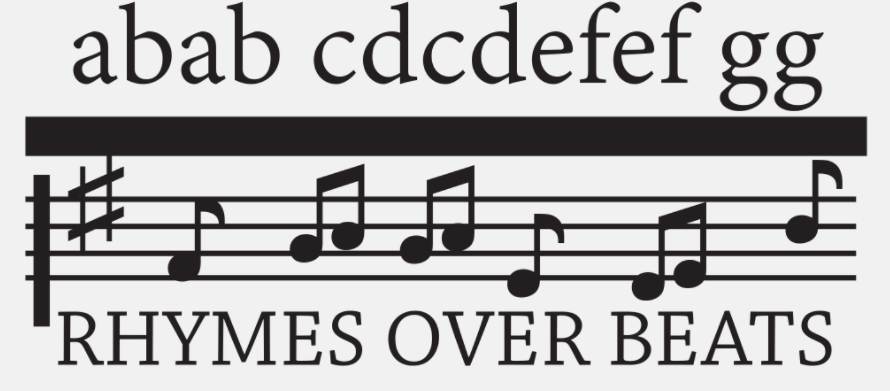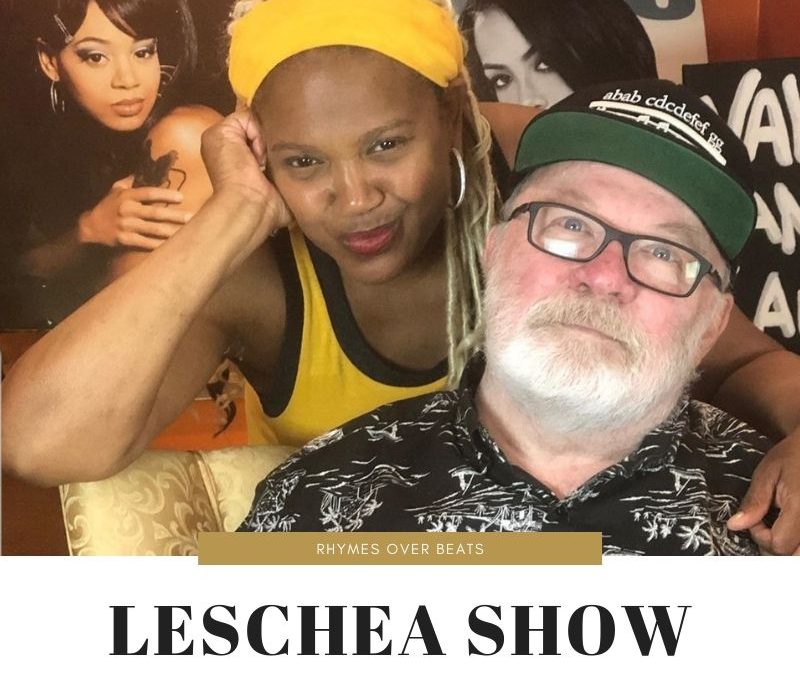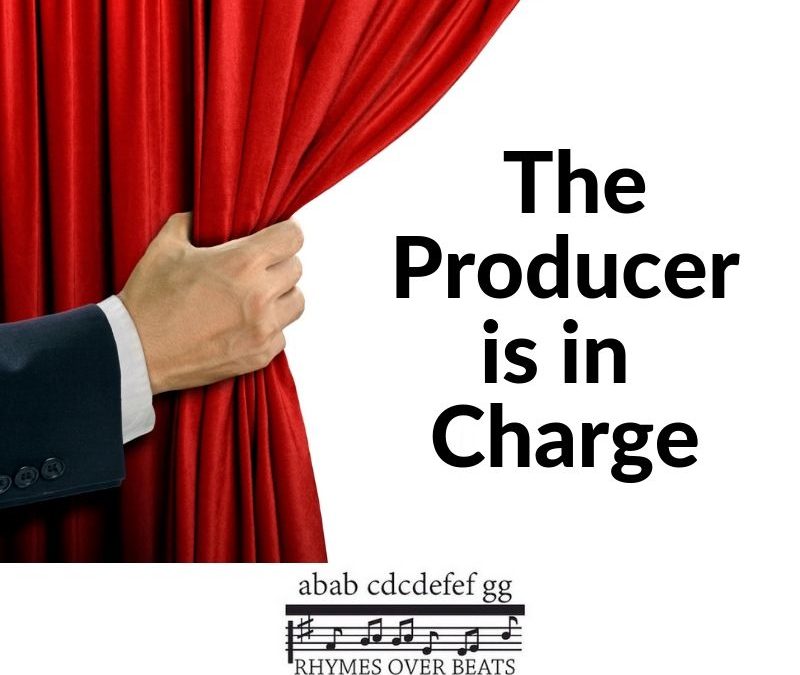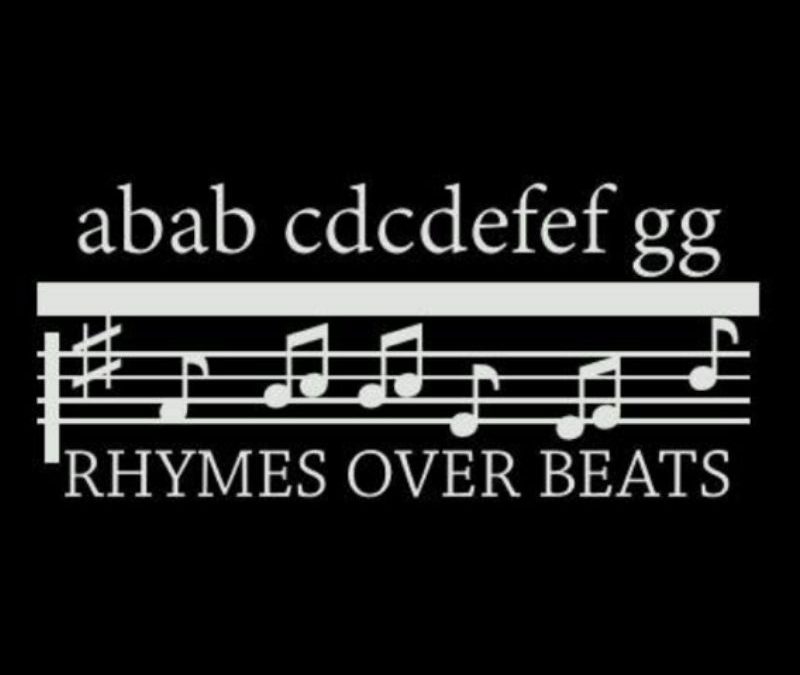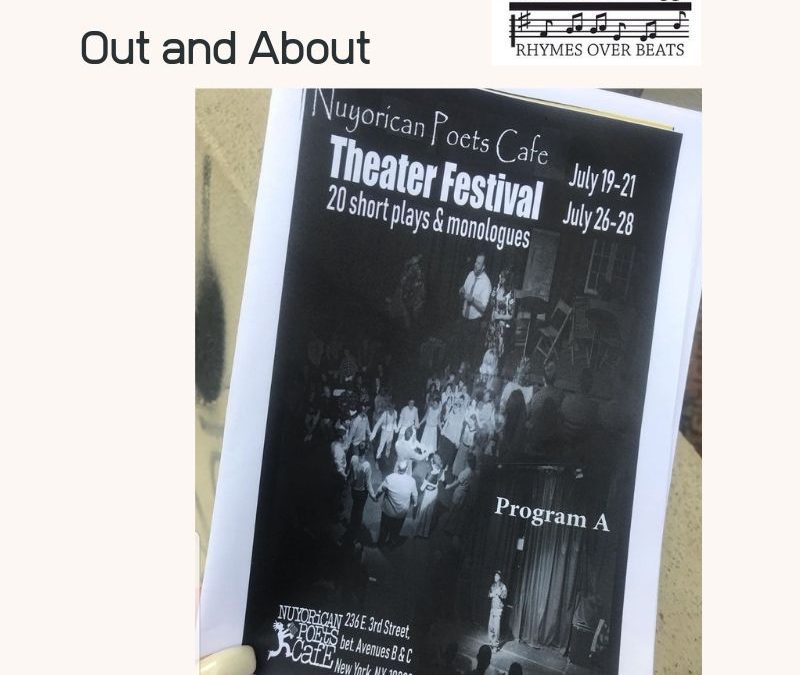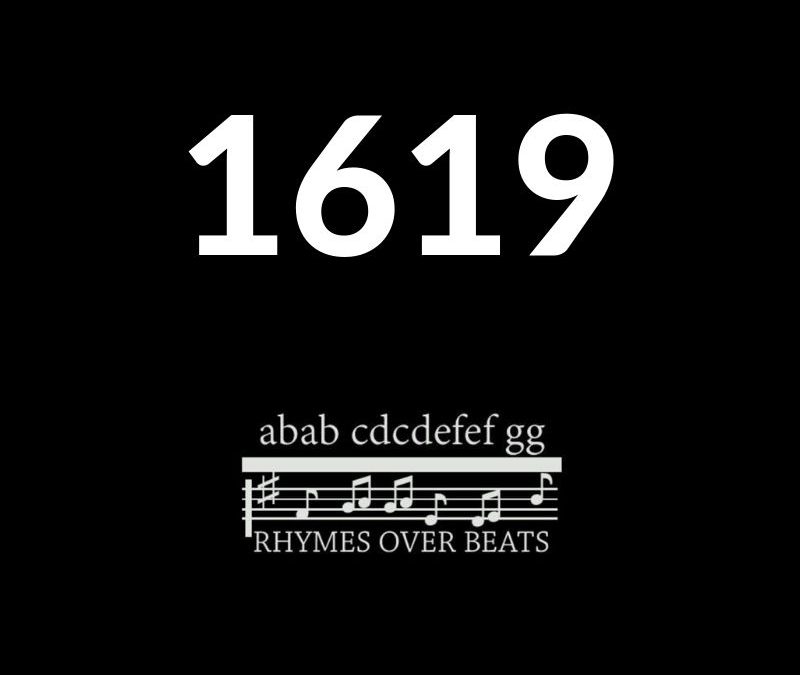
The Seldom-Told Story
400 Years of Slavery
This month everyone’s focus should be on the year 1619.
Why 1619? That was the year that blacks were first brought to America as slaves.
Last week, August 20th to be specific, was the four hundredth anniversary of race-based slavery in what would become the United States of America.
How do I know this?
Who Tells the Story?
I’ve rarely seen such an intemperate reaction. The criticism seems to be not so much that the story was inaccurate, or that inferences were being drawn that are invalid, but that the story was being told at all. How dare anyone tell a story contrary to the one “everyone” already knows.
Rhymes Over Beats is about telling the seldom told story. We are even more about telling stories that have never been told before. This seems to be that kind of story. Until I read the series of articles I didn’t know exactly when the first slaves came to America. Now I do. And I’d like to know more.
Because we are writers, actors, directors, producers we understand that when something happens there is no “one true version” of a story. No one way to tell it.
What the Times did was take a story that few knew and told it. The criticism seems to be that they shouldn’t have told it at all.
Your Story, Your Truth
The remedy for telling a story we don’t agree with is not the suppression of that story, but more stories told from a different point of view.
As a collective this is what we are about. We tell the seldom-told story.
